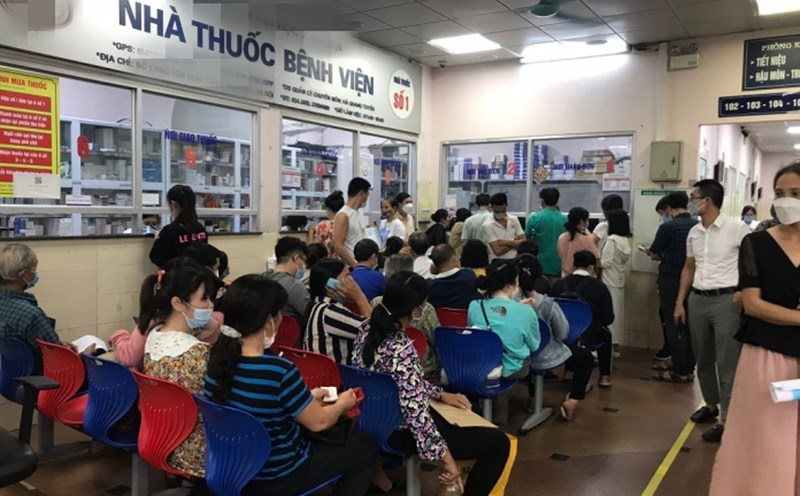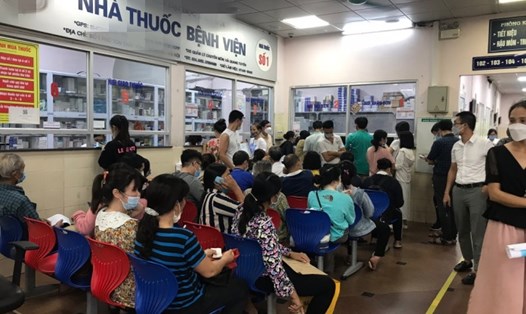Circular 26/2025/TT-BYT dated June 30, 2025 stipulates that outpatient applications must supplement mandatory information such as personal identification number, citizen identification card or passport. If there is a personal identification number, the patient does not need to declare gender, date of birth, or permanent address. The prescribing person must clearly state the dosage, number of times used per day and the number of days used.
The Circular also updates new regulations according to the Law on Medical Examination and Treatment 2023, requiring prescriptions to be professional, safe, reasonable, and suitable for diagnosis. In addition, supplement guidelines for handling addictive drugs, psychoses, and precursors according to the 2024 amended Pharmacy Law.
Circular 26/2025/TT-BYT has added many new regulations to tighten the management of prescriptions for drugs, especially antibiotics and addictive drugs.
Mr. Vuong Anh Duong - Deputy Director of the Department of Medical Examination and Treatment Management (Ministry of Health) said that the principle of "only prescribing drugs when absolutely necessary" has been stipulated in the Law on Medical Examination and Treatment 2023. Practitioners are only given prescriptions based on diagnosis and patient status, and are not allowed to abuse. This is the basis for ensuring that drugs are used for the right purposes, safely and effectively.
From October 1, 2025, all hospitals will be required to prescribe electronically. From January 1, 2026, this regulation applies to all medical examination and treatment facilities. At that time, the prescription system will connect directly to the drug sales facility. Patients who buy drugs will be strictly controlled according to the prescription, minimizing the sale of non-prescription drugs, especially antibiotics.
For addictive drugs, psychotropic drugs, and precursors, Circular 26 clearly stipulates the responsibility for returning unused drugs. Specifically, when the patient no longer needs it or dies, the patient or legal representative must return the medicine to the medical examination and treatment facility that issued it. The receiving unit is responsible for handling according to the regulations on special drug management.
Since 2023, the Law on Medical Examination and Treatment has clearly stipulated that all outpatients treated at medical facilities must have their medical records prepared and updated. The previous medical examination book model will be completely replaced by an electronic medical record.
According to Directive 07 of the Prime Minister, hospitals nationwide must deploy electronic medical records in 2025. Standarizing medical records to replace handwritten books is not only a legal requirement but also to ensure the rights and safety of patients.
Regarding the management of drug prescriptions using software, Mr. Vuong Anh Duong emphasized: The electronic prescription system connected with the National Drug Administration System is a key solution to control drug abuse. When all prescriptions are updated synchronously, the management agency can promptly detect and handle acts of prescribing in violation of regulations, selling drugs without prescriptions or abusing drugs.
For people, QR codes on electronic prescriptions allow for easy lookup of information about drugs, dosage, instructions for use and treatment history. This is a useful tool, helping patients proactively monitor the drug use process, increasing transparency and safety in drug use.











